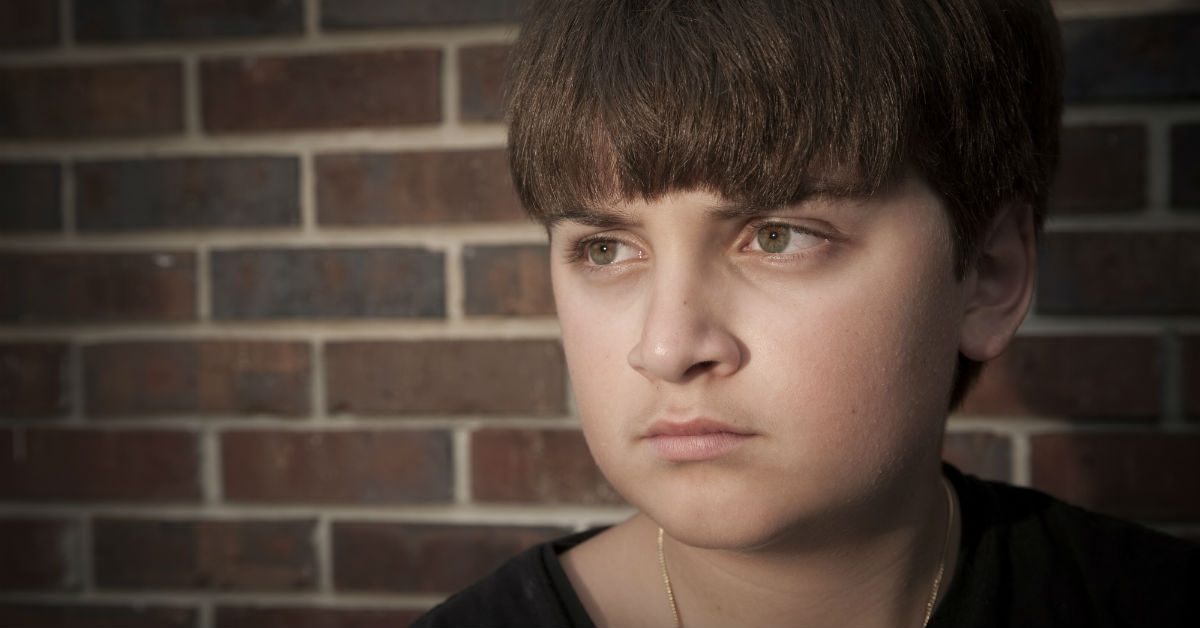He’s isolative. He’s angry. He’s violent. You have no idea what you’re going to do with your adolescent boy who has seemed to take a 180 with his behavior.
Behavioral disorders are serious. They lead to risky behaviors and situations. Drugs, alcohol, sex, and criminal activities can all take center stage when a teenager is suffering from a behavioral disorder.
The cause of it may be unknown. It may be attention-seeking due to a situation at home or school, or it may be a mental illness.
Outpatient therapy doesn’t always work. When someone remains in an environment that he is trying to change, it makes it more difficult. There are influences that may be too strong to ignore, which can bring the person right back to where he was before trying to make changes.
For this reason, therapeutic boarding schools for boys who struggle with behavioral disorders were started. It removes boys from their environment, so they don’t have peers and circumstances standing in their way. In their place, they receive a safe, honest, open environment that includes therapy that can help open up the reasons for the behavioral disorders.
How Therapeutic Boarding Schools Help
Many teenagers simply deal with thoughts and feelings they don’t understand, and they lash out. Being able to relax and talk about them with someone that they know will understand can help them start to untangle the wires inside of their brain that have caused them to act out in many different ways.
Some teens struggle with a mental health disorder. The Lancet Psychiatry published research from the University of Cambridge that found that younger adolescents with depression who access mental health services by age 14 are significantly less likely to experience clinical depression later in life. A therapeutic boarding school has a staff of mental health professionals that can help identify any mental health issues and treat them. Once the diagnosis and treatment is complete, teens can come home to start their life again with a better outlook than the one they had before they left.
As much as you don’t want your child to leave your home, it might be the best for everyone. It’s not forever, you’ll be able to visit, and you’ll have regular contact. Therapy will help rebuild relationships that may have faltered because of everything that has happened. It’s just a good way to stop the insanity and begin repairing all of the damage that has occurred.











0 Comments